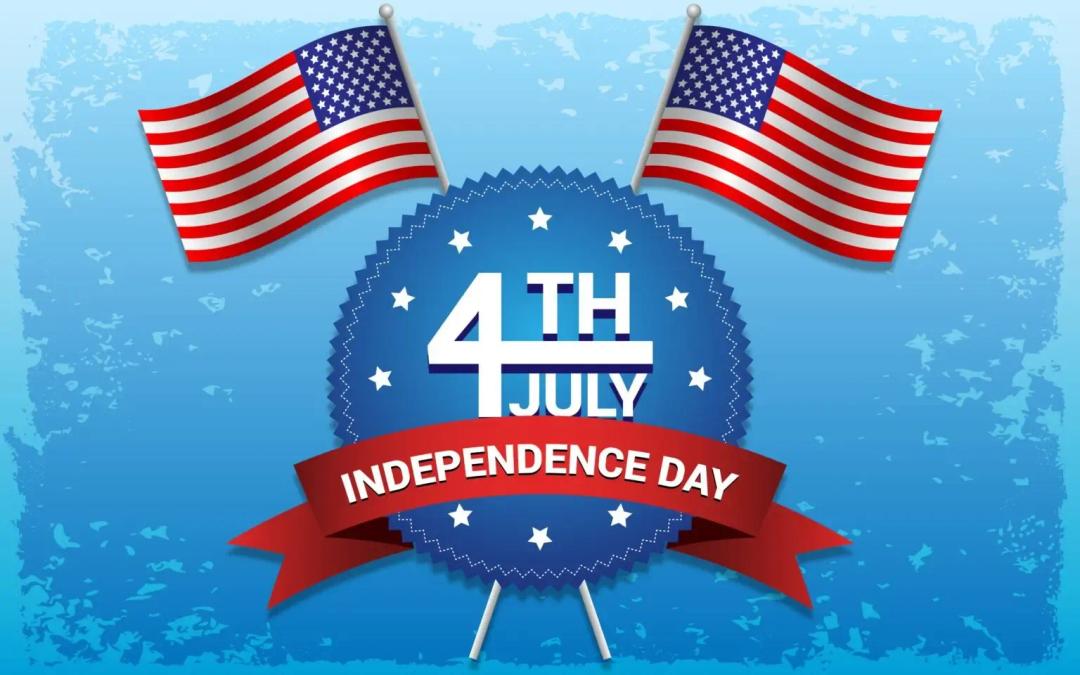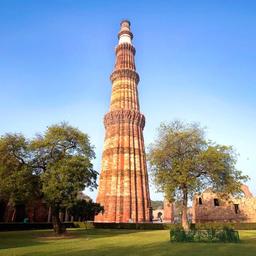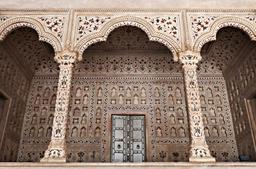The 4th of July, also known as Independence Day, is one of the most significant holidays in the United States. It commemorates the adoption of the Declaration of Independence on July 4, 1776, a momentous event that marked the birth of the nation. This day is a time for Americans to celebrate their freedom and heritage with a wide array of traditions and festivities. From historical reflections to modern-day celebrations, the 4th of July embodies the spirit of patriotism and unity.
Origins of Independence Day
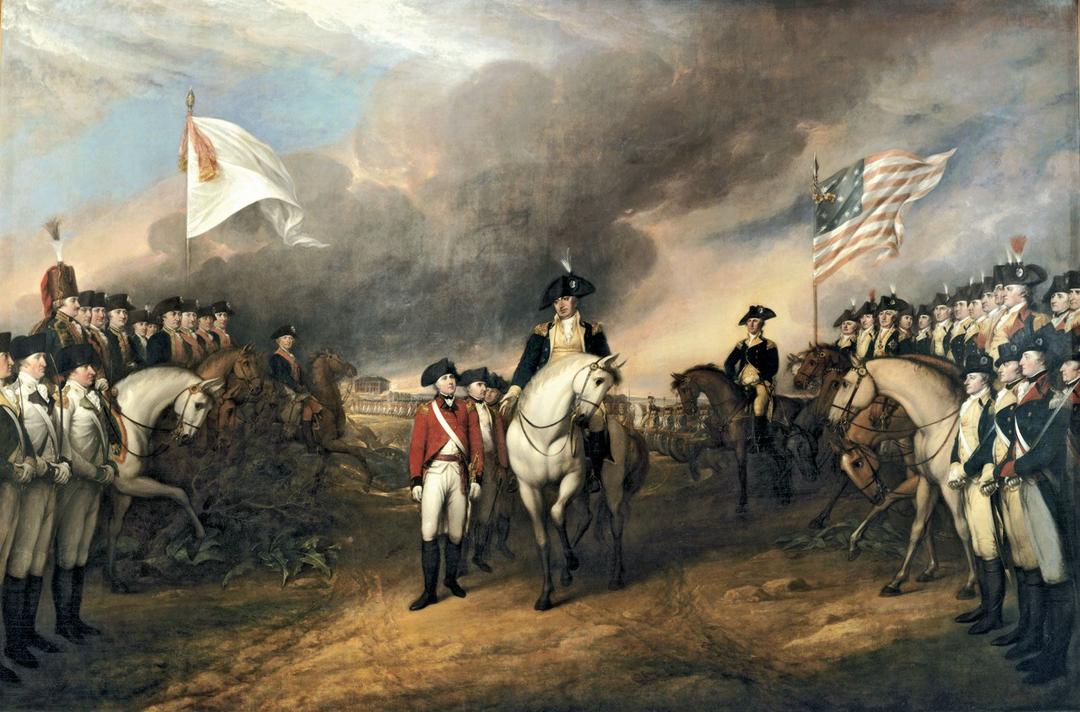
The roots of Independence Day trace back to the American Revolution, a conflict that pitted the thirteen American colonies against Great Britain. The desire for independence grew as the colonies faced increasing taxation and a lack of representation in the British Parliament. This discontent culminated in the Continental Congress convening in Philadelphia in 1776.
The American Revolution itself was a complex and multifaceted conflict. It involved not only military battles but also significant ideological and political struggles. The colonies were influenced by Enlightenment ideas, which emphasized individual rights, liberty, and self-governance. Figures such as John Locke and Montesquieu provided intellectual foundations for the revolutionaries' arguments against British rule. The Stamp Act of 1765 and the Townshend Acts of 1767 were particularly contentious, leading to widespread protests and the famous Boston Tea Party in 1773. These events galvanized colonial opposition to British policies and set the stage for the push toward independence.
Declaration of Independence
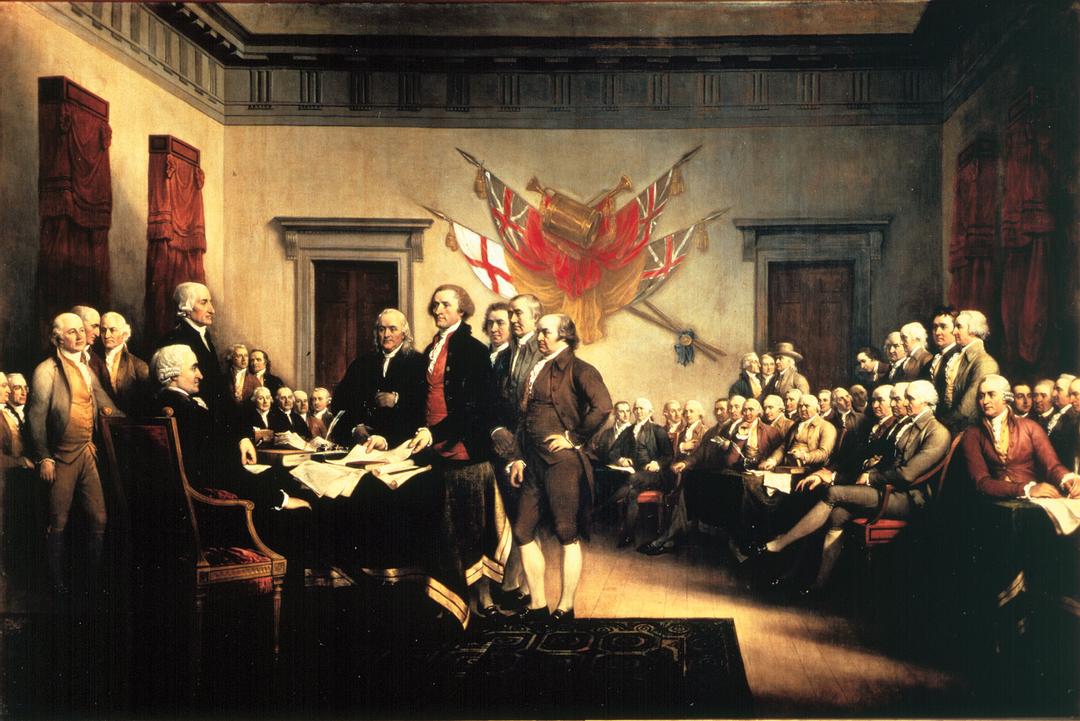
On July 2, 1776, the Continental Congress voted in favour of independence, and two days later, on July 4th, the Declaration of Independence, drafted by Thomas Jefferson, was formally adopted. This document eloquently articulated the colonies' reasons for seeking independence and laid the foundation for the new nation. Notable figures such as John Adams, Benjamin Franklin, and Thomas Jefferson were instrumental in this historic moment.
The Declaration of Independence is a profound statement of political philosophy and a bold assertion of sovereignty. Its preamble, which asserts that "all men are created equal" and are endowed with "unalienable Rights" such as "Life, Liberty, and the pursuit of Happiness," has resonated through the centuries as a powerful declaration of human rights. The document lists grievances against King George III, detailing how the British crown had violated the rights of the American colonists. By declaring their independence, the American colonies took a decisive step toward creating a new political order based on democratic principles and individual liberties.
Traditional Celebrations: Fireworks
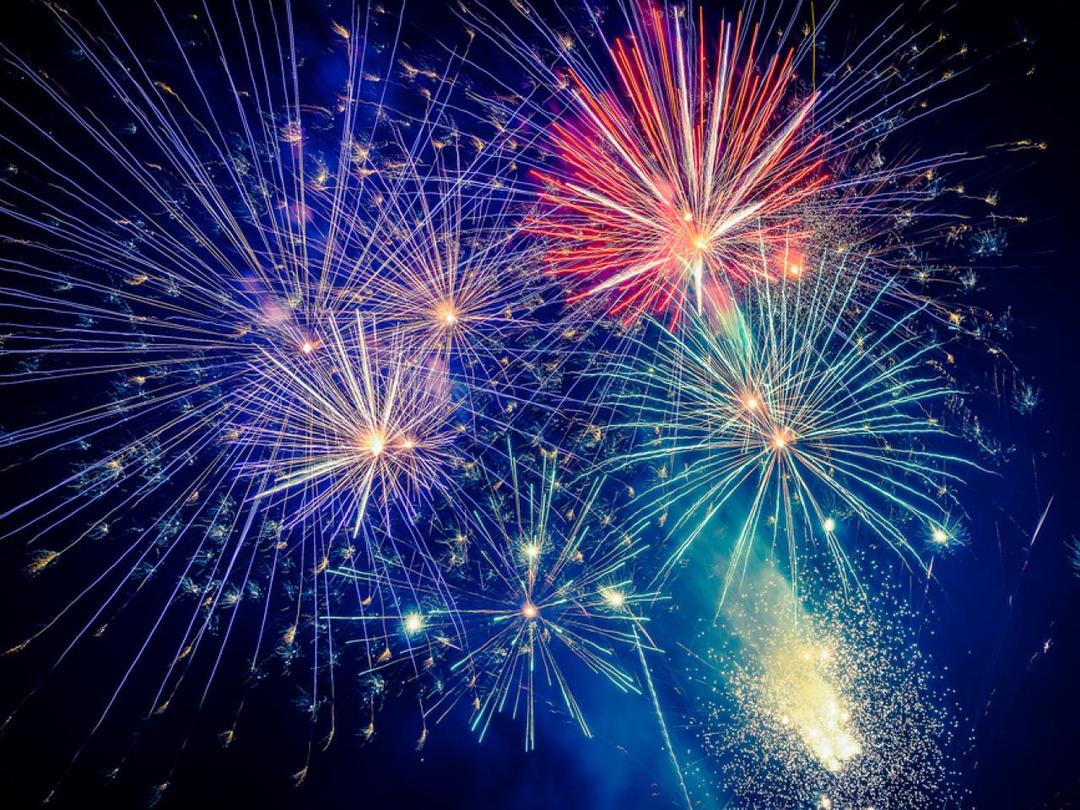
One of the most iconic traditions associated with the 4th of July is the fireworks display. These vibrant spectacles light up the night sky, symbolizing the revolutionary spirit and the struggle for freedom. From small towns to large cities, fireworks are a universal part of Independence Day celebrations, bringing communities together in awe and festivity.
The tradition of fireworks on the 4th of July dates back to the very first celebration in 1777 when John Adams envisioned a grand display of pyrotechnics to mark the occasion. Fireworks have since become synonymous with Independence Day, representing the explosive energy and excitement of the fight for freedom. Modern fireworks shows are often accompanied by patriotic music, creating a multisensory experience that evokes a sense of national pride and unity.
Parades
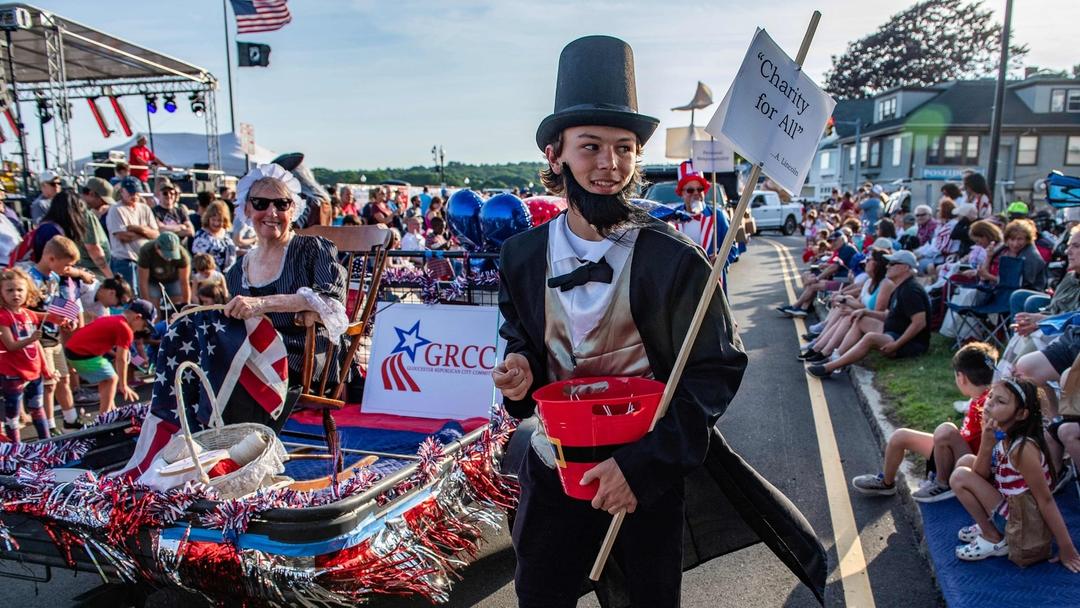
Parades are another staple of the 4th of July. These colourful and lively events feature marching bands, floats, military units, and local organizations. Parades serve as a platform for showcasing community pride and patriotism. They often include historical reenactments, honoring the legacy of the Founding Fathers and the sacrifices made for independence.
Parades have long been a way for communities to come together and celebrate shared values. On the 4th of July, parades often include participants dressed in period costumes, representing key figures from the American Revolution. These reenactments provide an educational aspect to the celebrations, allowing spectators to learn about history engagingly and interactively. Additionally, parades often feature displays of military might, with active-duty service members and veterans marching in formation. This serves as a reminder of the ongoing commitment to defending the nation's freedoms.
Barbecues and Picnics
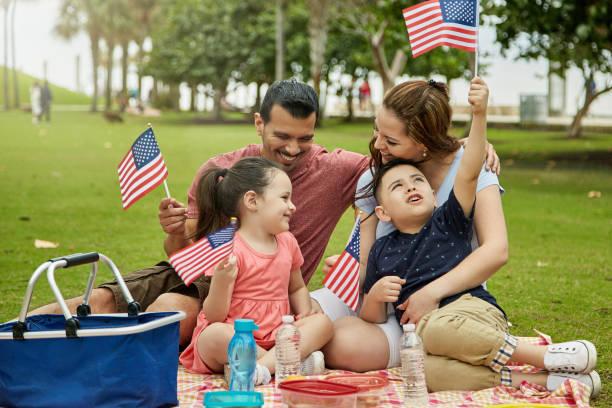
Barbecues and picnics are quintessentially American ways to celebrate the 4th of July. Families and friends gather in backyards, parks, and beaches to enjoy grilled foods, homemade dishes, and seasonal treats. The aroma of burgers, hot dogs, and corn on the cob fills the air, creating a festive and communal atmosphere.
These gatherings are more than just a culinary tradition; they are an opportunity for people to connect and share in the joy of the holiday. Food plays a central role in fostering a sense of community and belonging. In many parts of the country, local farms and markets provide fresh produce for these meals, adding a regional flavour to the celebrations. Barbecues and picnics also often include games and activities such as sack races, tug-of-war, and water balloon fights, which further enhance the festive spirit.
Regional Celebrations
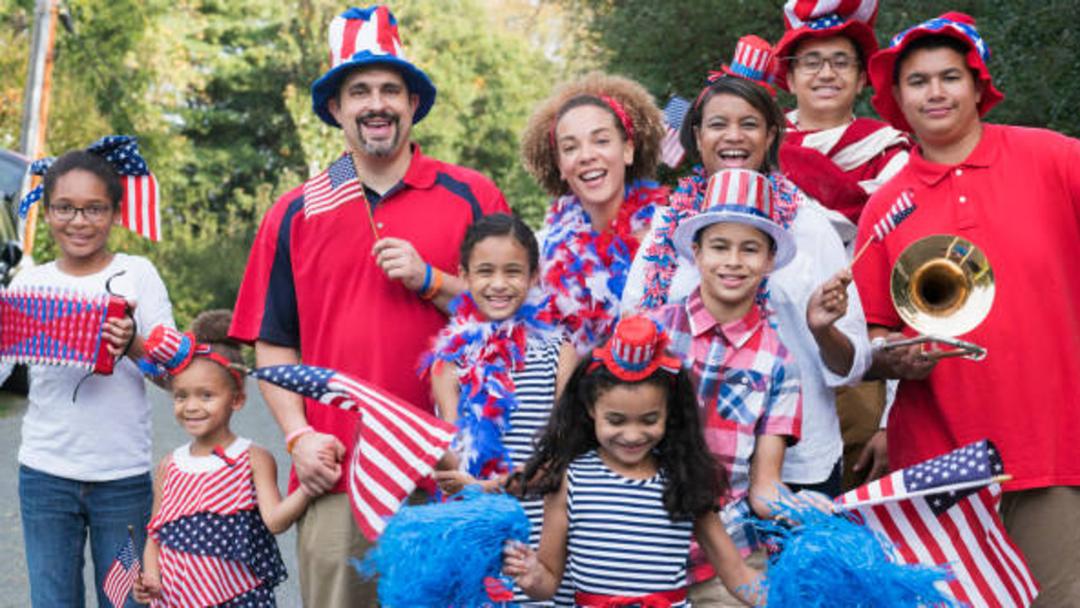
East Coast
The East Coast, rich in historical landmarks, offers unique celebrations. Boston, Massachusetts, hosts the Boston Pops Fireworks Spectacular, a concert and fireworks show that draws thousands of spectators. Philadelphia, Pennsylvania, the birthplace of American independence, features the Wawa Welcome America Festival, a multi-day event with concerts, fireworks, and historical tours.
Boston's celebration is particularly notable for its blend of musical and pyrotechnic excellence. The Boston Pops Orchestra performs a concert on the banks of the Charles River, culminating in a grand fireworks display synchronized to the music. This event attracts visitors from across the country and is broadcast on national television. In Philadelphia, the Wawa Welcome America Festival offers a rich tapestry of cultural and historical activities. Visitors can tour Independence Hall, where the Declaration of Independence was signed, and participate in educational programs that highlight the city's pivotal role in American history.
Midwest
In the Midwest, Chicago, Illinois, is known for its Navy Pier fireworks display, set against the backdrop of Lake Michigan. The city also holds the Grant Park Music Festival, where patriotic music is performed by the Grant Park Orchestra and Chorus.
Chicago's Navy Pier is a popular destination for both locals and tourists, offering a variety of attractions and entertainment options. The 4th of July fireworks display is a highlight of the summer season, drawing large crowds to the waterfront. The Grant Park Music Festival adds a cultural dimension to the celebrations, with performances of classic American compositions and contemporary works that reflect the nation's diverse heritage. This blend of natural beauty, urban vibrancy, and artistic expression makes Chicago's Independence Day celebrations truly memorable.
South
The South boasts its unique traditions. In Nashville, Tennessee, the Let Freedom Sing! Music City's July 4th event features live music and one of the country’s largest fireworks displays. Charleston, South Carolina, known for its rich history, hosts a variety of celebrations, including parades, fireworks, and historical reenactments.
Nashville's celebration is a testament to the city's reputation as a hub of American music. The Let Freedom Sing! The event includes performances by renowned artists, spanning genres from country to rock to blues. The grand finale, a spectacular fireworks display set to music, lights up the downtown skyline. In Charleston, the historic ambience adds a distinctive charm to the 4th of July festivities. Visitors can explore historic homes and battlefields, attend lectures and tours, and enjoy traditional Lowcountry cuisine.
West Coast
On the West Coast, cities like San Francisco, California, celebrate with fireworks over the San Francisco Bay. Los Angeles hosts the Americafest at the Rose Bowl, which includes a day-long celebration with music, food, and fireworks.
San Francisco's celebration is iconic for its stunning setting. The fireworks display over the bay, framed by the Golden Gate Bridge and Alcatraz Island, creates a picturesque and unforgettable experience. The city's diverse population contributes to a rich cultural tapestry, with various neighbourhoods hosting their unique celebrations. In Los Angeles, Americafest at the Rose Bowl is one of the oldest and largest 4th of July events in the country. The day is filled with family-friendly activities, live entertainment, and a spectacular fireworks show that lights up the historic stadium.
Community Events
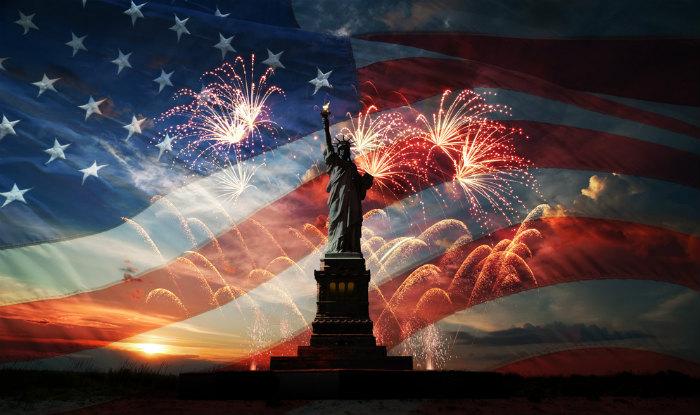
Small towns across America have their unique ways of celebrating the 4th of July. These often include community parades, local fireworks displays, and town fairs with games and food stalls. The sense of community and tradition is especially strong in these intimate settings.
In small towns, the 4th of July is a time for neighbours to come together and celebrate their shared heritage. These celebrations often have a nostalgic quality, with traditional activities such as pie-eating contests, sack races, and three-legged races. Local artisans and vendors showcase their crafts, adding a personal touch to the festivities. The intimacy of small-town celebrations fosters a sense of belonging and continuity, connecting generations through shared experiences.
In contrast, large cities host grand-scale events that draw visitors from far and wide. These festivities often include large concerts, professional fireworks displays, and city-wide parades. The atmosphere in large cities is vibrant and bustling, offering a variety of activities for all ages.
In cities like New York, the Macy's 4th of July Fireworks Show is a major event, attracting millions of viewers both in person and on television. The show features a dazzling array of fireworks launched from barges along the East River, set to a soundtrack of patriotic and popular music. In Washington, D.C., the National Independence Day Parade and A Capitol Fourth concert on the National Mall are key highlights. These events, set against the backdrop of iconic monuments and landmarks, create a powerful sense of national pride and unity.
Modern-Day Observances: Military Honors
Independence Day is also a time to honour the military and those who have served the nation. Many celebrations include tributes to veterans and active-duty service members, recognizing their contributions to the country’s freedom and security.
Military flyovers, flag ceremonies, and salutes are common features of 4th of July events. These honours highlight the ongoing commitment to defending the nation's values and freedoms. In some communities, local veterans' organizations participate in parades and ceremonies, sharing their stories and experiences with the public. These interactions provide a poignant reminder of the sacrifices made by service members and their families.
The Evolving Meaning of Independence Day
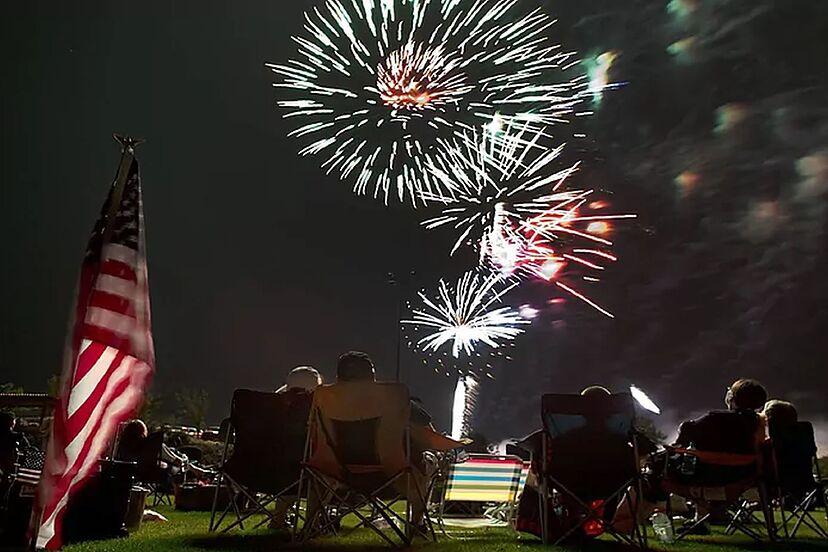
The meaning of Independence Day has evolved. Originally a celebration of the colonies' break from British rule, it now encompasses broader themes of freedom, equality, and national pride. It is a day to reflect on the nation’s journey and its ongoing efforts to live up to its founding ideals.
In recent years, the 4th of July has also become a time to consider the diverse experiences and contributions of all Americans. This includes acknowledging the struggles and achievements of marginalized communities and recognizing the ongoing efforts to achieve social justice and equality. The evolving nature of Independence Day reflects the dynamic and inclusive spirit of the nation, celebrating progress while acknowledging the work that remains.
Patriotism remains a central theme of the 4th of July. It is expressed through the display of the American flag, the singing of the national anthem, and the shared pride in the nation’s accomplishments. In contemporary society, this patriotism also involves recognizing the diversity and inclusivity that define modern America.
Patriotism today is multifaceted, encompassing a deep respect for the nation's history and an active commitment to its future. This includes civic engagement, volunteerism, and advocacy for social and political causes. The 4th of July serves as a reminder of the responsibilities that come with citizenship, encouraging individuals to contribute to the betterment of their communities and the country as a whole.
Notable Figures Associated with Independence Day
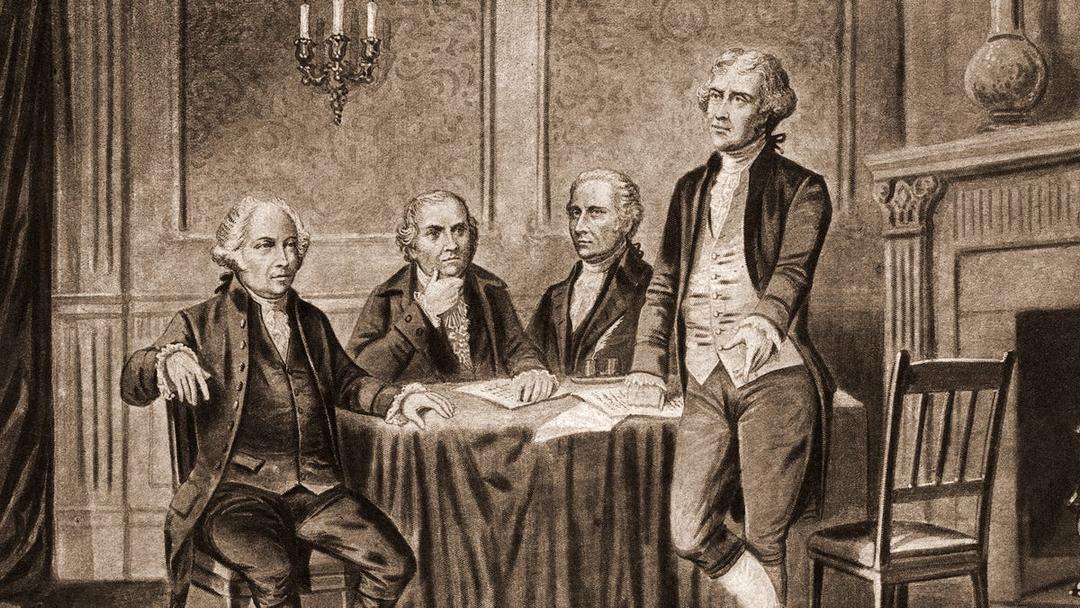
Several historical figures are closely associated with Independence Day. The Founding Fathers, including George Washington, Thomas Jefferson, John Adams, Benjamin Franklin, and Alexander Hamilton, played pivotal roles in the nation’s founding. Their legacy is honoured and remembered during Independence Day celebrations.
George Washington, the first President of the United States and commander-in-chief of the Continental Army, is often celebrated for his leadership and vision. Thomas Jefferson, the principal author of the Declaration of Independence, is remembered for his eloquence and commitment to democratic ideals. John Adams, a key advocate for independence and the second President envisioned the future celebrations of Independence Day. Benjamin Franklin, a diplomat, inventor, and statesman, contributed significantly to the founding of the nation. Alexander Hamilton, a key figure in the creation of the Constitution and the nation's financial system, is also honoured.
Major Events and Historical Highlights
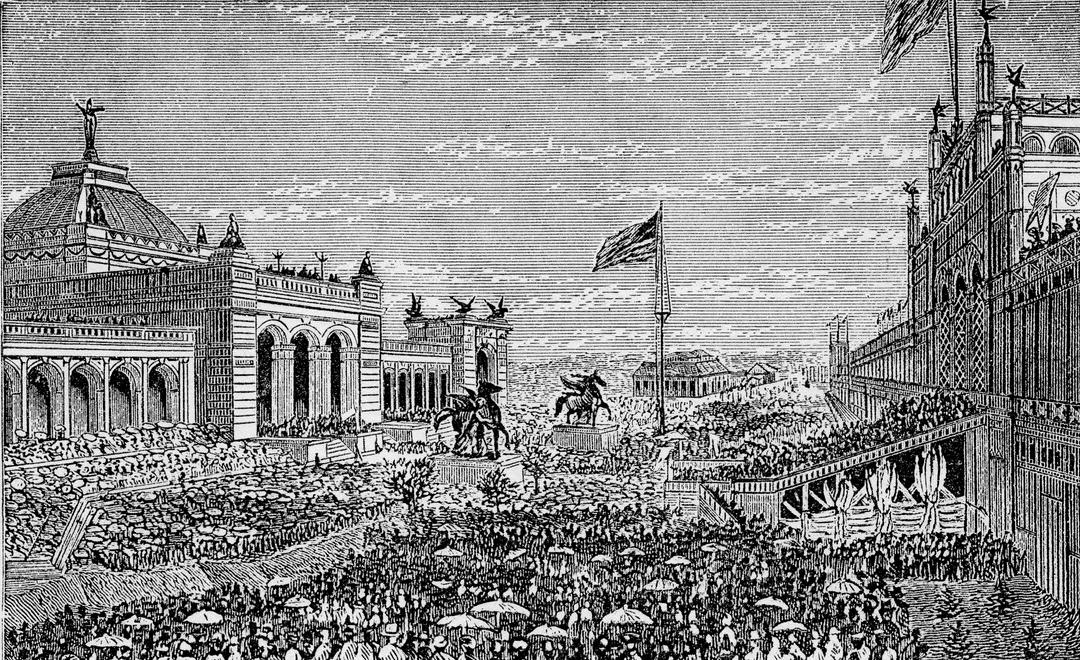
The 4th of July has seen numerous significant events throughout American history. For instance, the first anniversary of independence in 1777 was marked by fireworks and celebrations in Philadelphia. Over the centuries, this tradition has grown, with major events such as the 1876 Centennial Exposition and the bicentennial celebrations in 1976 adding to the rich tapestry of Independence Day history.
The Centennial Exposition in 1876, held in Philadelphia, was a grand celebration of the nation's 100th birthday. It showcased American achievements in industry, technology, and culture, drawing visitors from around the world. The bicentennial celebrations in 1976 included a year-long series of events across the country, culminating in a massive fireworks display in Washington, D.C. These milestones highlight the enduring significance of Independence Day and its role in shaping national identity.
Conclusion
The 4th of July is a day of immense pride and celebration in the United States. From its historical roots in the American Revolution to the vibrant traditions and modern-day observances, it is a time for Americans to come together and honour their heritage. The fireworks, parades, barbecues, and reflections on freedom and patriotism make Independence Day a truly unique and cherished holiday. As the nation continues to grow and evolve, the 4th of July remains a testament to the enduring spirit of American independence. The celebrations, whether in small towns or large cities, reflect the diversity and unity of the American people. The day serves as a reminder of the values of liberty and justice that continue to guide the nation, making it a time for both joy and reflection.
Test your knowledge of History! Visit:
https://www.quizzop.com/history-quiz/category
